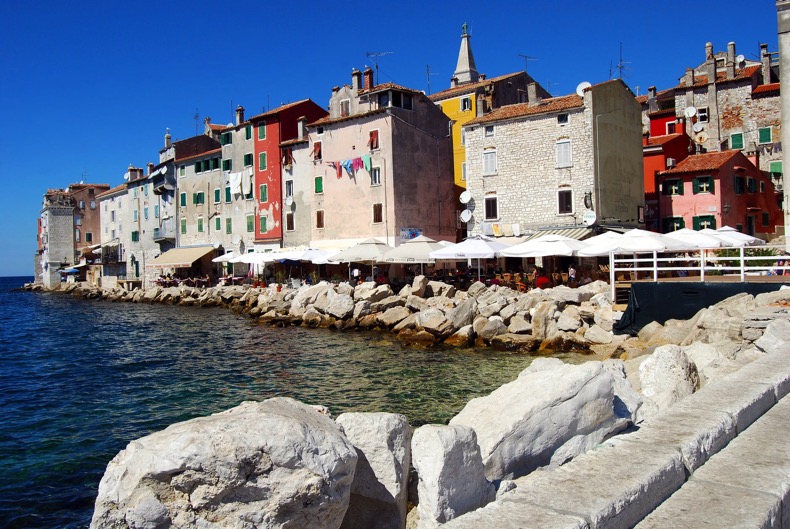The World Bank recently ranked the Balkans, i.e. Kosovo, Bulgaria, Serbia, Romania, and Macedonia amongst the top 50 countries to do business in their Business Report of the World Bank 2018. Amongst these countries, Macedonia is ranked 11th which is the highest amongst 190 global economies in terms of quality and ease of doing business. But what does it take to do business in the Balkans for foreign companies? There are a couple of things to consider as we’ll look at below.
Gear your content towards the Balkan market?
One of the first things to do is have all your websites, marketing material and business cards localized. Even though English is spoken, people prefer to read and write in their local language. Plus, there is a large cross-section of the population that don’t know much English. So, doing this will help set the expansion or new business off in the right direction.
Businesses correspondence is mostly in the local language
Except for a few Balkan countries most business and legal correspondence is still in the region’s native language. Even aspects like registering a business, opening a bank account, etc. require that you can speak, read and write the local language or have a translator. That said most people in the business community speak and understand English, but prefer working in their native tongue.
The dress code is important
Employees, representatives, and employers pay meticulous attention to their dress. A formal dress code is standard across the entire business community. Therefore we advise that the dress code shouldn’t be taken lightly. A jacket with shirt, tie or a suit will work best for men, while for women a formal suit or dress is preferred. Also, businessmen and women tend to prefer face to face meetings as a sign of seriousness so being dressed up for business is imperative.
Business emails and other forms of correspondence is in local dialects
Foreign businesses wrongful assume that all communication will be in English because their counterparts understand the language. However, companies in the Balkans choose to correspond in their local language. So, regardless of if you are getting promotional material designed, or sending out a pitch, it should be in the local language. Though exceptions are made for foreign businesses but tend to be rare.
Light conversation does not include taboo subjects
When in light conversation with another business representative or a local partner it is best to avoid discussing taboo topics like sex, religion, political climate, etc. Informal conversation can include things like the stock market, last night’s reality television show, sports, and the latest gadgets, etc. Though it is considered polite to value the other person’s time and allow them to leave once business has concluded.
Many business deals are closed at lunch
People in the Balkans love their food, and evidently, there are more business deals closed at lunch and dinner than they are in a meeting room. So, if you’re courting a client maybe consider inviting them to lunch or dinner at a time that suits them.

